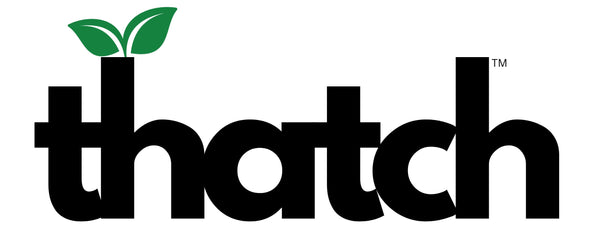In the quest for healthier hair, natural ingredients have become a cornerstone in hair care regimens around the world. Among these, tea tree oil stands out for its remarkable properties and benefits for hair health. Extracted from the leaves of the tea tree, native to Australia, this essential oil has gained acclaim not only for its therapeutic properties but also as a potent ingredient in hair care products, particularly shampoos. This article delves into the science-backed benefits of tea tree oil for hair and how it can be integrated into your daily hair care routine.
The Science of Tea Tree Oil:
Tea tree oil, or Melaleuca oil, is known for its antiseptic and anti-inflammatory properties. A study published in the Journal of the American Academy of Dermatology highlighted its effectiveness against dandruff, primarily caused by the yeast Pityrosporum ovale. Another study from the International Journal of Dermatology found that shampoos containing 5% tea tree oil significantly improved the severity of dandruff.
Benefits of Tea Tree Oil in Hair Care:
- Antifungal and Antibacterial Properties: The primary benefit of tea tree oil is its ability to fight fungal and bacterial infections. This makes it an effective ingredient in treating scalp conditions like dandruff, seborrheic dermatitis, and scalp folliculitis.
- Promotes Hair Growth: While direct studies linking tea tree oil to hair growth are limited, its ability to unclog hair follicles and nourish the roots may contribute to improved hair growth.
- Soothing Scalp Irritation: Its anti-inflammatory properties help in soothing scalp irritation and inflammation, providing relief from conditions like scalp eczema and psoriasis.
- Controls Oil Production: Tea tree oil can help regulate sebum production in the scalp, preventing excessive oiliness or dryness.
- Natural Cleanser: As a natural cleansing agent, tea tree oil effectively removes dirt and build-up from hair and scalp without stripping them of natural oils.
Incorporating Tea Tree Oil in Shampoos:
- Tea Tree Oil-Infused Shampoos: Many commercial shampoos now incorporate tea tree oil due to its benefits. These shampoos are especially beneficial for those with oily scalp or dandruff.
- DIY Hair Treatments: You can add a few drops of tea tree oil to your regular shampoo, or create a scalp massage oil by diluting it with a carrier oil like coconut or jojoba oil.
- Frequency of Use: For best results, use tea tree oil-infused products 2-3 times a week. Overuse can lead to scalp dryness in some individuals.
Safety and Precautions:
While tea tree oil is generally safe for topical use, it should be diluted and never applied directly to the skin in its undiluted form. A patch test is recommended to check for any allergic reactions. Pregnant and nursing women should consult with a healthcare professional before use.
Conclusion:
Tea tree oil is a versatile and effective natural ingredient for enhancing hair health. Its antimicrobial, soothing, and cleansing properties make it an ideal component in shampoos for tackling a variety of scalp and hair issues. By incorporating tea tree oil into your hair care routine, you can enjoy healthier, cleaner, and more vibrant hair. As with any natural remedy, consistency and understanding your own hair's needs are key to achieving the best results.
